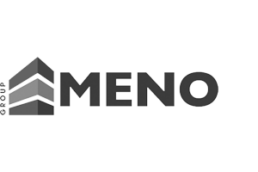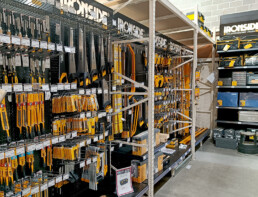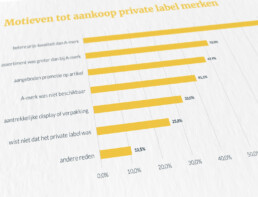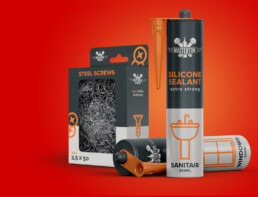Meno Group is the largest procurement centre in the DIY sector and the world of professional tools in Belgium. As such, the organisation is the preferred partner for the network of Handy Home and Meno Pro shops. The brand was founded in 1947 as Menouquin and grew into Meno Group, the first cooperative purchasing organisation for independent dealers in hardware, tools, DIY and household goods.
the challenge
Besides distributor of the well-known A-brands, Meno Group is also exclusive provider of a range of high-quality and competitively priced private label brands. To better position these based on their individual merits, Pavlov was brought on board to work out a complete brand strategy for the portfolio.
the insights
Both the market conditions and demand from corporate and private customers have given a notable boost to private labels in the DIY market. Meno Group wants to differentiate itself from the competition and be able to increase the spontaneous demand for its private label brands, starting from the customer’s motives combined with the strengths and differentiating aspects of the offering.
the solution
To gain adequate insights into the situation of the individual brands and the direction in which they should evolve, we started the project with a thorough analysis. We analysed the motives of the respective B2C and B2B target groups by means of an extensive online customer survey and dug deep into available data on the DIY and construction sectors. We also organised a series of field visits to various affiliated shops and their competitors in the market to find out how private labels are marketed in practice. Finally, during a series of workshops with shop managers and their staff, we gained insights into the internal perspective and the obstacles faced by the ambassadors of these brands in selling the range of products on offer.
The insights gained from the analysis phase were translated into an comprehensive brand strategy with attention to both the evolution of individual brands and their relationship to each other in order to meet the needs of the market. A value proposition was developed for each private label brand, including clear positioning, brand promise and rational and emotional drivers to purchase. We also made these recommendations as tangible as possible by contemplating customer experience, brand identity, offering, sales tactics and application of the evolved brands in marketing and advertising.





